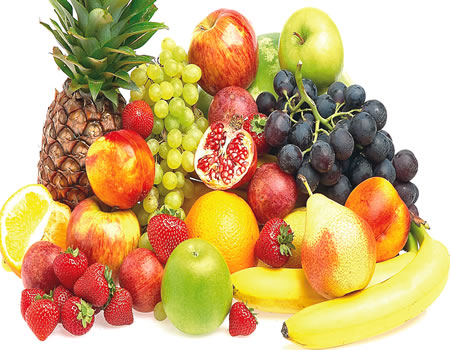The debate about the optimal time to eat fruits often revolves around misconceptions rather than scientific evidence. Here’s a clearer perspective:
No “Best” Time for Fruit Consumption
- Timing and Digestion: There is no definitive “best” time to eat fruits. The body’s ability to absorb nutrients from fruits is not significantly affected by the time of day you eat them.
- Nutrient Absorption: Whether you eat fruits before a meal, after a meal, or as a standalone snack, your body will absorb the nutrients. Claims suggesting that eating fruits at specific times enhances nutrient absorption or improves health lack robust scientific backing.
Health Benefits Regardless of Timing
- Nutritional Value: Fruits provide essential vitamins, minerals, and fiber, which support overall health. Their benefits are consistent whether consumed in the morning, midday, or evening.
- Blood Sugar Impact: The sugar content and glycemic index of fruits are not significantly altered by the time of day. The impact on blood sugar levels is more related to the type of fruit and overall meal composition rather than timing.
Personal Preference and Routine
- Listening to Your Body: The best time to eat fruits often depends on personal preference and your daily routine. Whether as a morning snack, midday refresher, or post-dinner treat, fruits can be enjoyed throughout the day.
- Incorporate Variety: Focus on including a variety of fruits in your daily diet to maximize their health benefits, regardless of the time of day you consume them.
In summary, there is no scientifically proven “best” time to eat fruits. The key is to enjoy a diverse range of fruits as part of a balanced diet, whenever they fit into your schedule, to reap their nutritional benefits.
